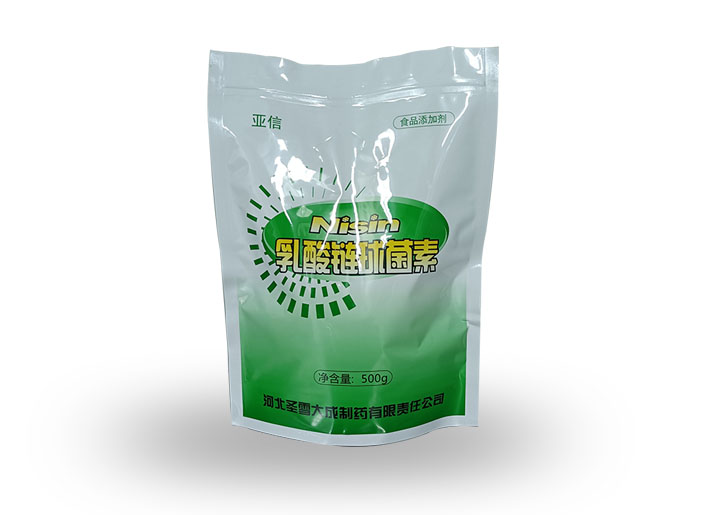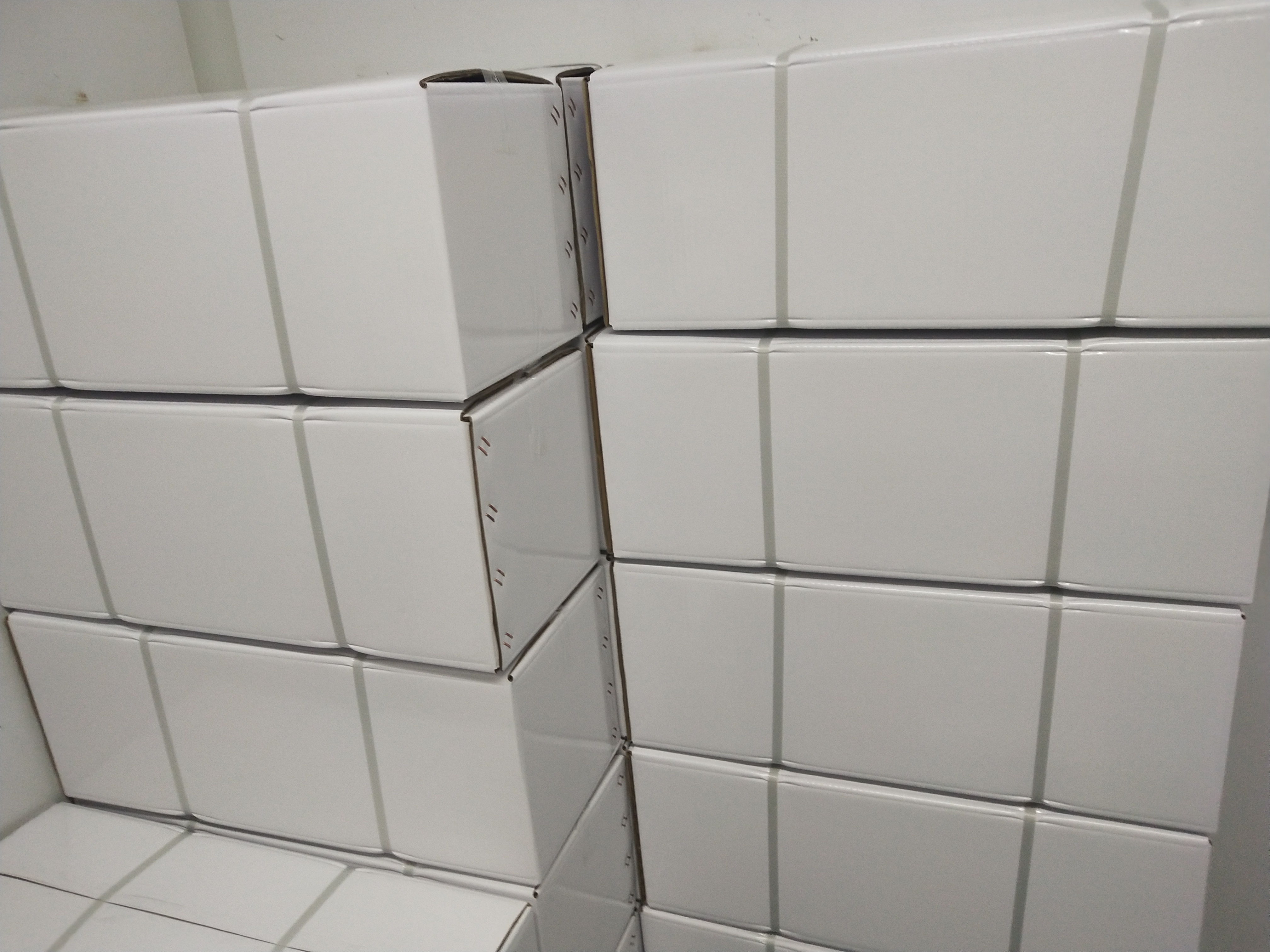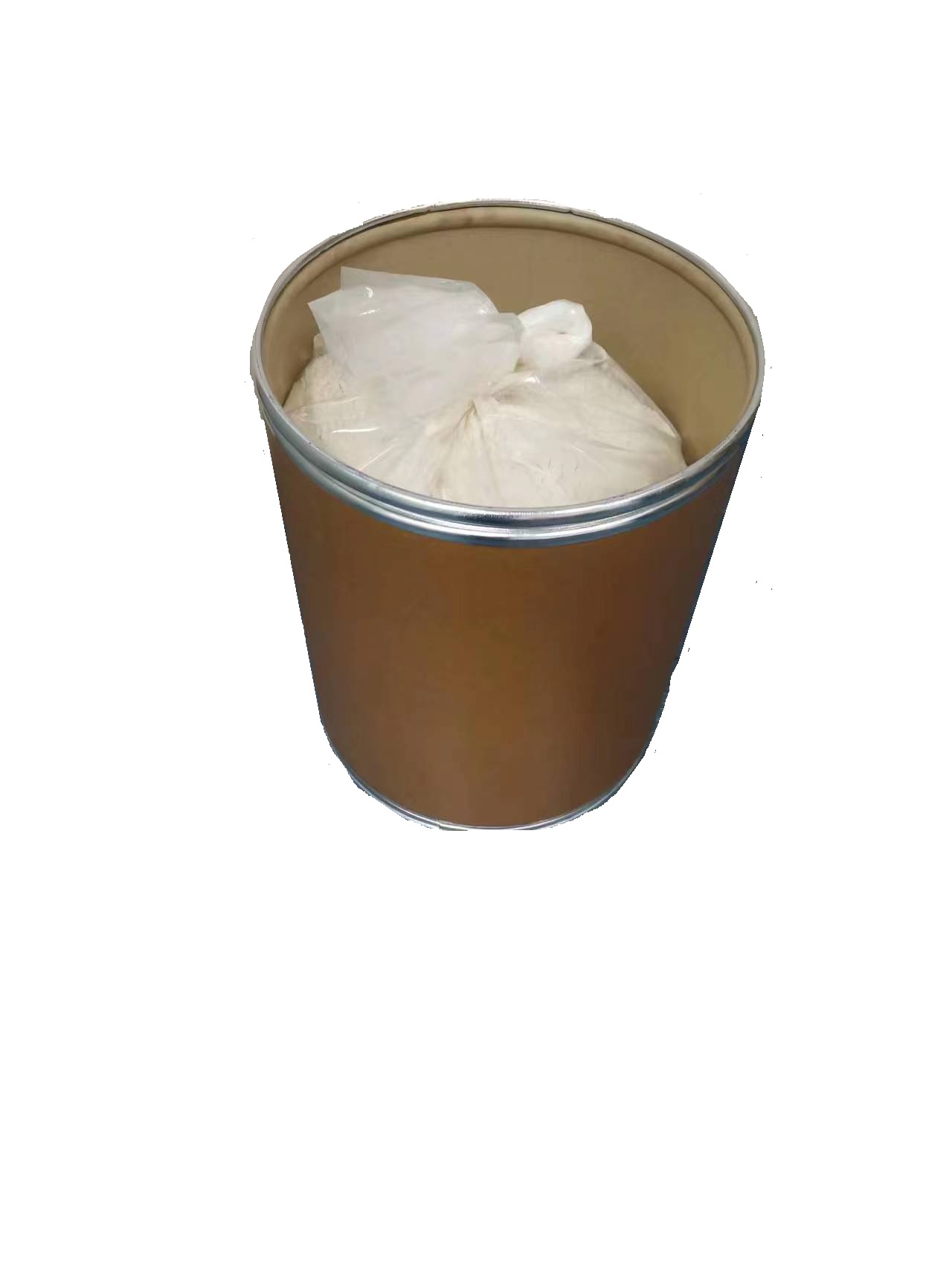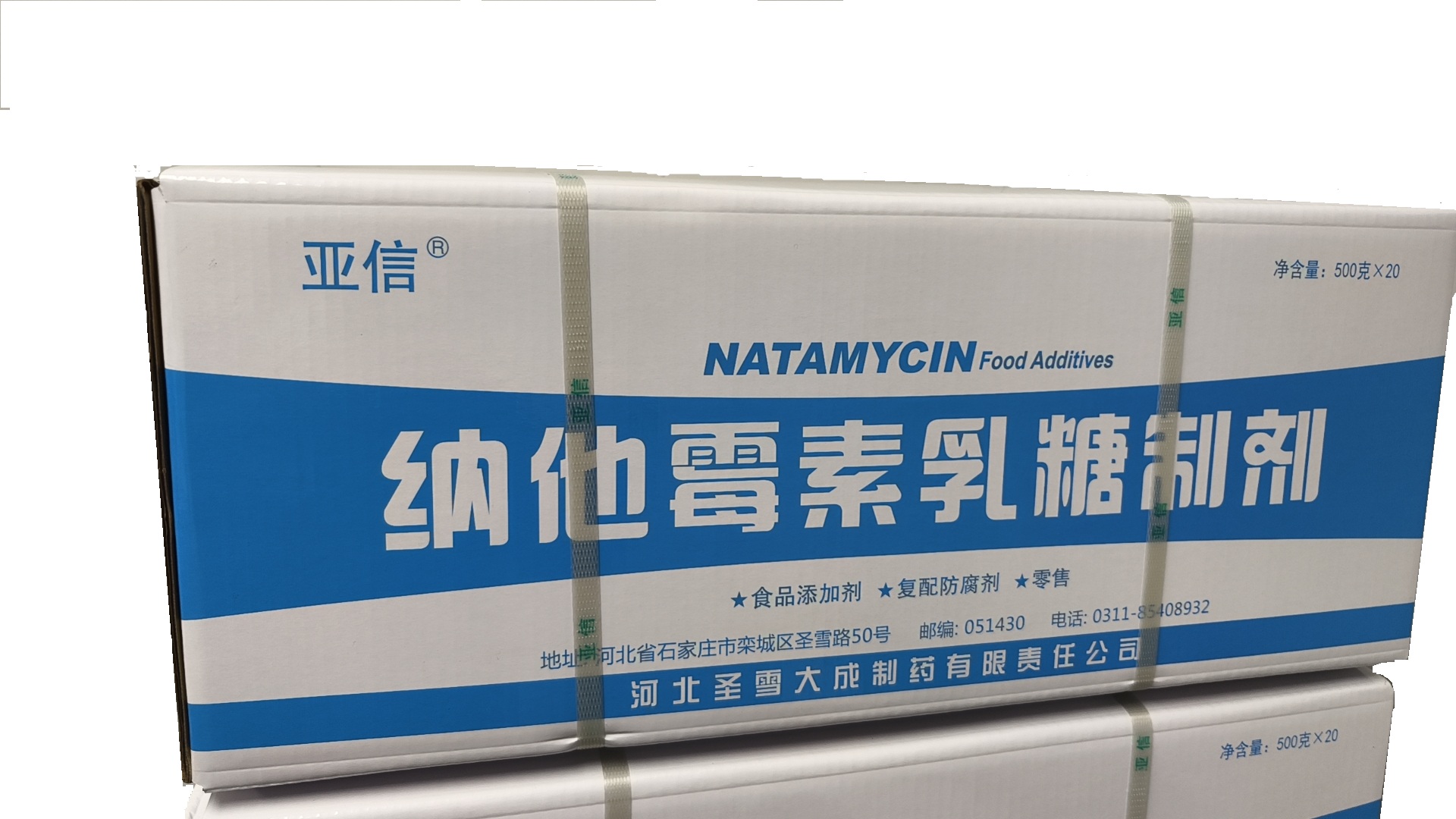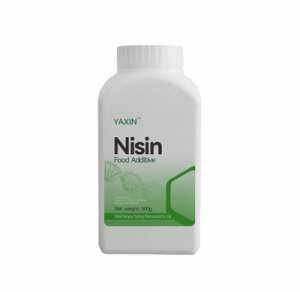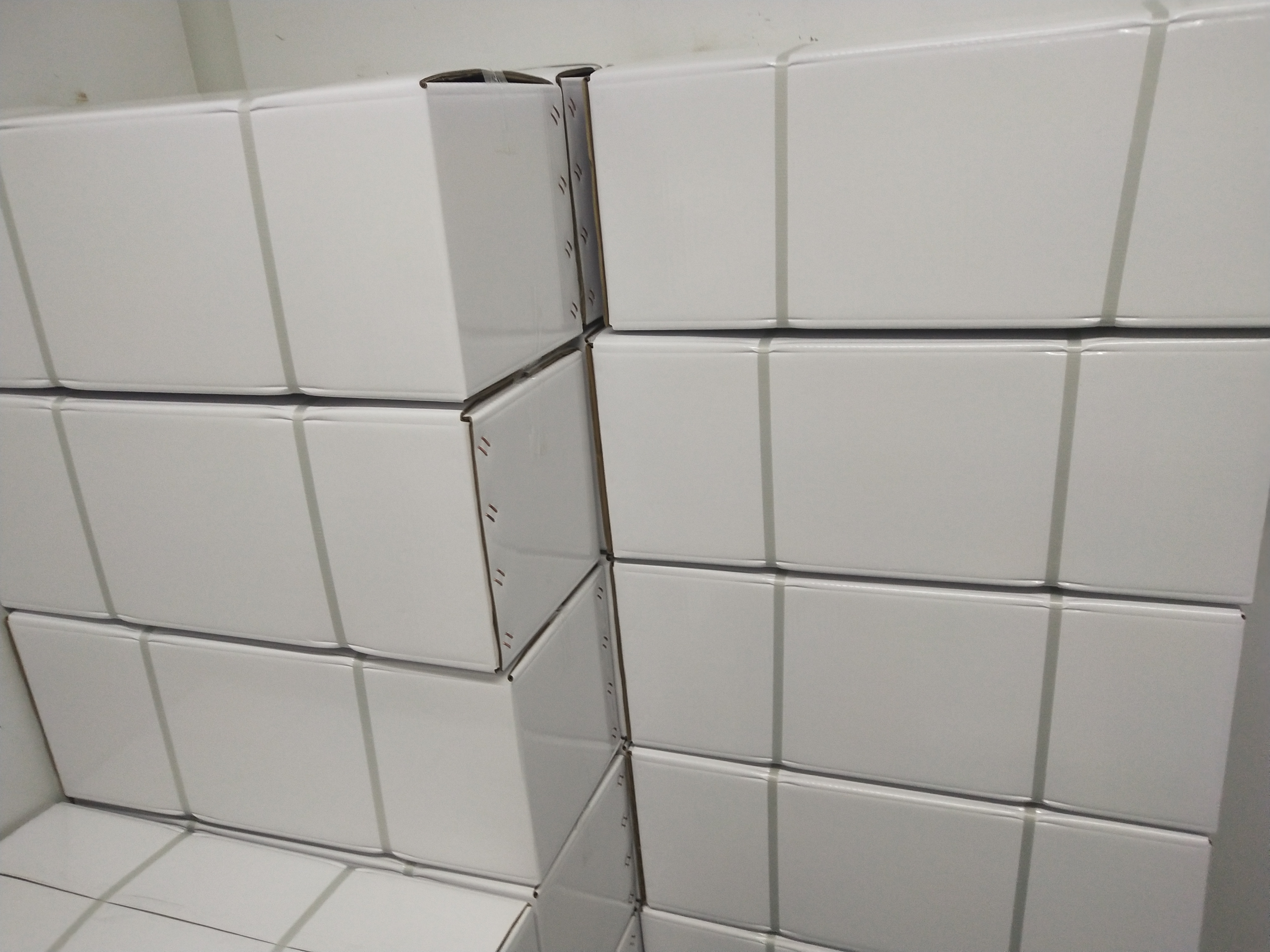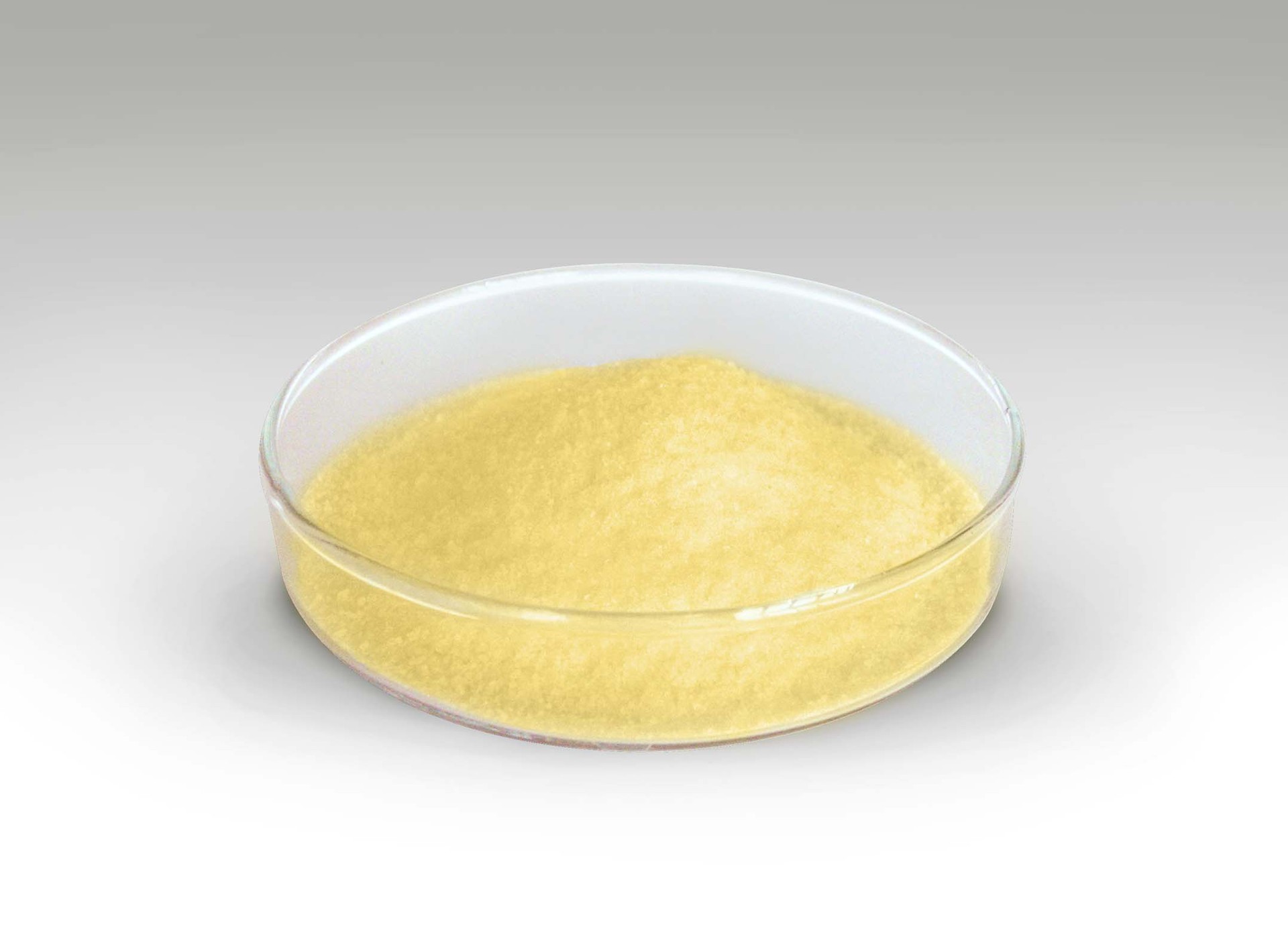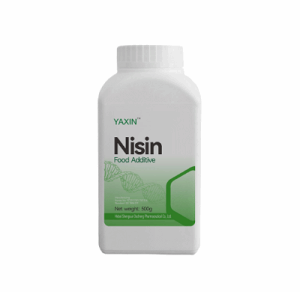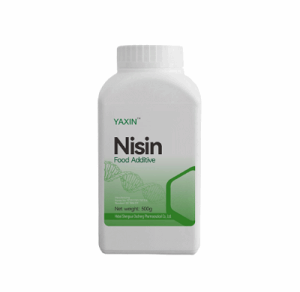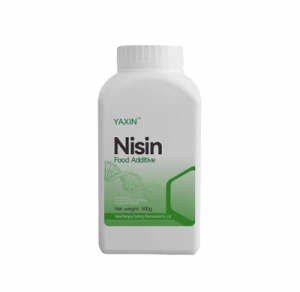Nisin Food additive
One of the benefits of using nisin as a preservative is that it is a natural and safe alternative to synthetic preservatives. Synthetic preservatives, such as sodium benzoate and potassium sorbate, have been linked to a range of health concerns, including allergic reactions and even cancer. Nisin, on the other hand, is a naturally occurring substance that is produced by bacteria that are commonly found in the human digestive tract. It has been extensively studied for its safety and efficacy, and is generally regarded as safe for human consumption.
Nisin works by disrupting the cell membrane of bacteria, causing them to leak and ultimately leading to their death. Unlike many antibiotics, which target specific types of bacteria, nisin is effective against a broad range of gram-positive bacteria. This makes it a versatile and effective antimicrobial agent that can be used in a wide range of food and non-food products.
The production of nisin typically involves the fermentation of a starter culture of Lactococcus lactis. The bacteria produce nisin as a byproduct of their normal metabolic processes, and the peptide can be extracted and purified from the fermentation broth. Nisin is then typically added to food products at a concentration of 0.025-2.5 mg/kg, depending on the product and the desired level of preservation.
In addition to its use as a preservative, nisin has also been studied for its potential health benefits. Some studies have suggested that nisin may have anti-inflammatory and immune-modulating effects, and may be useful in the treatment of conditions such as inflammatory bowel disease and rheumatoid arthritis. However, more research is needed to fully understand the potential health benefits of nisin and its mechanisms of action.
Despite its generally recognized safety, there are some potential risks associated with the use of nisin. Some studies have suggested that high doses of nisin may cause gastrointestinal upset, and there have been reports of allergic reactions to nisin in some individuals. Additionally, the overuse of nisin or other preservatives can contribute to the development of antibiotic-resistant bacteria, which can pose a serious public health threat.
Send product request
Other supplier products
| Nisin Raw Material supplements | Nisin supplements are available in formats tailored to their target application: Oral capsules/tablets: For gut health and immune support (typica... | |
| Nisin Price | Nisin is a natural antimicrobial peptide produced by the bacterium Lactococcus lactis.It has potent antimicrobial properties, particularly against ... | |
| Natamycin Exporter | Natamycin is different from other food preservatives in terms of antibacterial spectrum:Natamycin: It has a high inhibitory effect on fungi such as... | |
| Nisin's stability during storage | Nisin’s stability during storage directly determines its shelf life and efficacy in end products.Dry powder form: When stored in sealed, ligh... | |
| Nisin Raw Material quotation | Nisin’s ability to act as a nutritional supplement stems from its unique biological mechanisms, which are distinct from traditional supplemen... |
Same products
| Phospholipids as natural amphiphilic lipids | Seller: 818687 | Phospholipids, as natural amphiphilic lipids with unique structural and functional properties (co... | |
| Nisin Powder Price 1kg | Seller: Hebei Shengxue Dacheng Pharmaceutical Co., Ltd. | Poor stability in certain environments (e.g., neutral pH, high-fat matrices) can be addressed via... | |
| Nisin's stability during storage | Seller: Hebei Shengxue Dacheng Pharmaceutical Co., Ltd. | Nisin’s stability during storage directly determines its shelf life and efficacy in end pro... | |
| High purity Nisin 1kg | Seller: Hebei Shengxue Dacheng Pharmaceutical Co., Ltd. | Nisin’s stability is significantly affected by interactions with food components, which alt... | |
| Nisin Powder Price | Seller: Hebei Shengxue Dacheng Pharmaceutical Co., Ltd. | Nisin’s unique cross-linked structure confers heat resistance, a key advantage for high-tem... |





